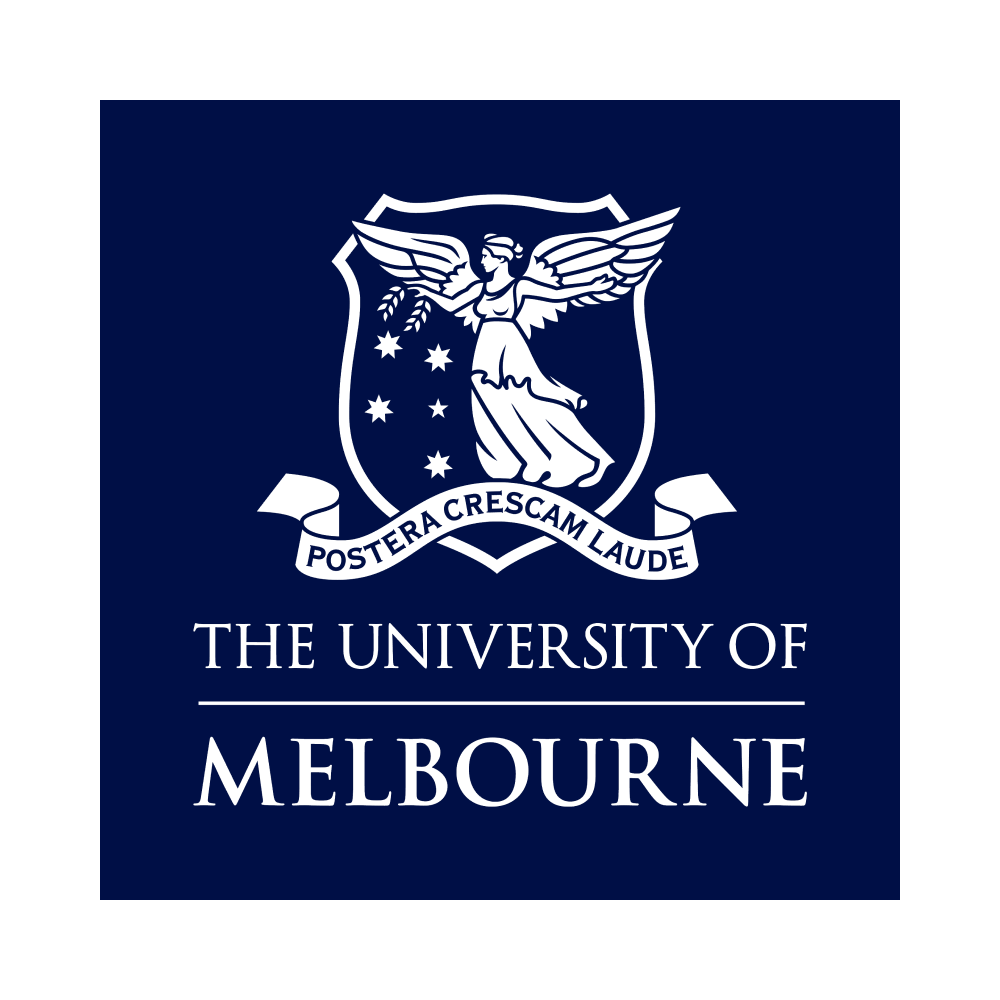University of Melbourne
Master of International Relations
- Delivery: Face to Face
- Study Level: Postgraduate
- Duration: 24 months
- Course Type: Master's
Help students to understand contemporary issues facing international laws, policies and governance.

Course overview
Learn how the United States, China, the European Union, and the United Nations operate in our global community, and acquire knowledge of key developments within international relations. The Master of International Relations engages with theory, international governance and law, international security, international political economy and international history.
Participate in an international student exchange and study another language to complement your skills. You can transcend theoretical perspectives by applying your expertise in a working environment, such as through an optional internship. Designed to meet your career-oriented goals, your internship can be in international organisations, government, business, media and NGOs.
CSP Subsidised Fees Available
This program has a limited quota of Commonwealth Supported Places (CSP). The indicative CSP price is calculated based on first year fees for EFT. The actual fee may vary if there are choices in electives or majors.
Key facts
July, 2026
What you will study
Students must complete 200 credit points in total, comprising the following:
- 37.5 points of compulsory subjects
- 12.5 points for core subjects
AND
- 25 points for Capstone subjects (Coursework option)
- 125 points of Elective subjects (Coursework option)
OR
- 37.5 points of Minor Thesis subjects (Thesis option)
- 12.5 point Compulsory subject (Thesis option)
- 100 points of Elective subjects
Depending on your previous studies, relevant professional work experience or equivalent, the program can also be completed through the following:
- 150-point program (1.5 years full-time or part-time equivalent)
- 100-point program (one year full-time or part-time equivalent)
Unless otherwise indicated, each subject is valued at 12.5 credit points.
Students must complete 37.5 points of compulsory subjects.
- Asia and the World
- International History
- International Relations Theory
Entry Requirements
Duration: two years full-time / four years part-time
To be considered for entry into this course, you must have completed an undergraduate degree (or equivalent) in any discipline with a Weighted Average Mark (WAM) of at least 70% (or equivalent).
Meeting the published entry requirements for this course does not guarantee selection.
Where the admission criteria include a minimum Weighted Average Mark (WAM) and/or specific subject criteria, these are based on University of Melbourne grades and subjects. If you've studied elsewhere, the university will assess your relevant prior studies and equivalent grades. Your final WAM may be adjusted depending on your previous institution's accreditation, subject grading and pass marks.
English Language Requirements
All applicants to the University of Melbourne must satisfy the English language requirements. This may be achieved in a number of ways, including recognised previous studies taught and assessed entirely in English or an approved English language test. If you are from a non-English speaking background, the required standard of English for this degree is one of the following English proficiency test scores:
- IELTS (Academic) - 6.5, with no band less than 6.0
- TOEFL - 79+, with writing 21; speaking 18; reading 13; listening 13
- Pearson - 64+, with no communicative skill below 60
- Cambridge - 176+, with no skill less than 169
Recognition of Prior Learning
Prior studies may be credited towards your degree and potentially reduce the duration of your course. This is known as Advanced Standing (also known as credit or recognition of prior learning). Contact the university for more details.
Career Outcomes
On graduating from the Master of International Relations, you will be ready for work in professional fields, including:
- Policy Advisor and Analyst
- Advocacy Coordinator
- Business Development and Project Coordinator
- Welfare Officer
Graduates have also gone on to work in global organisations, including:
- Australian Broadcasting Corporation
- Department of Foreign Affairs
- The European Commission
- The Age
Fees and CSP
Estimated first-year fee in 2026: From $17,392 (Commonwealth Supported Place)
Indicative first-year fee in 2026: $32,000 (domestic full-fee paying place)
Indicative total course fee in 2026: $67,200 (domestic full-fee paying place)
Unless otherwise noted, the indicative total course fee shown above assumes a study load of 1 EFTSL (equivalent full-time student load) commencing semester one of the listed year, except for courses with a duration of less than 1 EFTSL.
Fees are subject to annual review by the University, with any new rates effective from the beginning of each calendar year.
A student’s fee may vary depending on:
- The number of subjects studied per term.
- The choice of major or specialisation.
- Choice of subjects.
- Credit from previous study or work experience.
- Eligibility for government-funded loans.
You may also need to pay the student services and amenities fee.
Commonwealth Supported Places
The Australian Government allocates a certain number of CSPs to the universities each year, which are then distributed to students based on merit.
If you're a Commonwealth Supported Student (CSS), you only need to pay some of your tuition fees. The student contribution amount is the balance once the government subsidy is applied. This means your costs are much lower.
Limited CSP spaces are offered to students enrolled in selected postgraduate courses.
Your student contribution amount is:
- Calculated per the subjects you're enrolled in.
- Dependent on the study areas they relate to.
- Reviewed and adjusted each year.
HECS-HELP loans are available to CSP students to pay the student contribution amount.
FEE-HELP loans are available to assist eligible full-fee paying domestic students.








